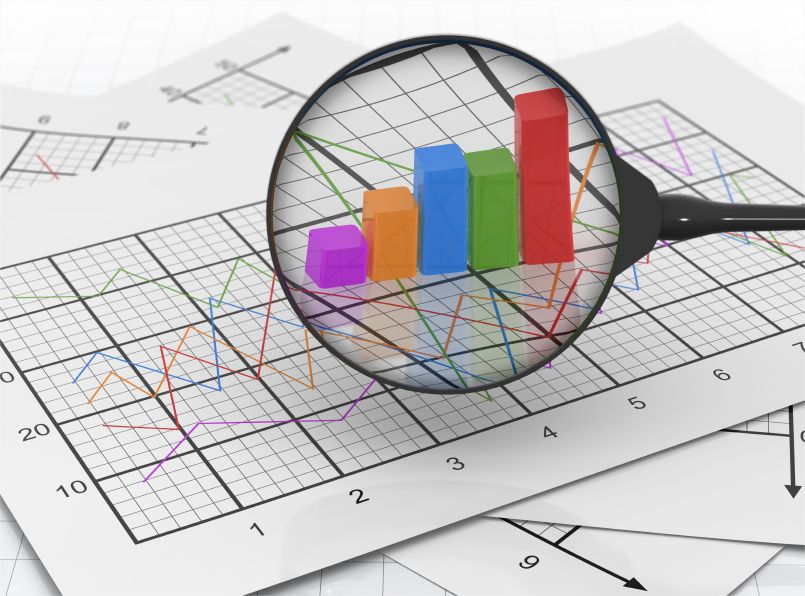 According to Forbes, 84% enterprises believe that Analytics will change the competitive landscape of their industry. From Aviation to Oil and Gas and to retail and ecommerce, interpreting the data to show future trends has become the most defining step involved in taking business decisions.
According to Forbes, 84% enterprises believe that Analytics will change the competitive landscape of their industry. From Aviation to Oil and Gas and to retail and ecommerce, interpreting the data to show future trends has become the most defining step involved in taking business decisions.
I started working at an Analytical Consulting firm after graduating in 2013 and because of the nature of consulting industry, had a chance to see the power of big data unleashed in a few different sectors. These involved Retail Finance, Insurance, Ecommerce and Retail chains. A common thing about all these sectors was that the acceptance of Analytics in these industries is absolutely complete in these industries unlike others, where still it is partial. What that means is, most major decisions in these industries are based on data. From marketing strategies in ecommerce to risk management in retail finance and insurance, the burst of analytics has changed the way data is perceived in industries. Now instead of looking for an external strategies, firms start by looking from within, that is, their own data
These jobs entail you to act like statisticians, predictive analyst, business analyst and consultants, all at the same time. To reframe that, it requires you to understand the business, be able to structure and analyze data, design and test predictive models and be able to tell a completely comprehensible story. An analogy might be the ability to make art out of junk. Most companies have started to establish in-house analytics team with the fear of falling behind the pack as the speed with which the industrial scenario is changing can leave those watching, far behind.

While software like SAS, SQL, SPSS, Python, R etc have reached the top of the pack in terms of soft skill requirements by recruiters, statistical techniques like Regression, Decision trees, Clustering, Machine Learning are among the first set of things taught in job training.
One of the pioneers in this field includes Capital One. In the credit card industry, Capital One as a firm targeted the most risky customer segment – The sub-prime (Highest risk of fraud). Capital One was the only major company targeting that customer segment that survived the recession and all on the back of analytics. An interesting story about the power of analytics at Capital One- the-power-of-analytics-credit-card-fraud
Analytics industry in India is still at a nascent stage. But majorly because of the talent crunch due to the different skills required to lead in this industry, India is seeing a rapid growth during the last few years and it is expected to sustain that growth over the next 5 years. The data analytics off shoring by major global firms is going to be a major segment of this growth. In simple words that means there is going to be huge demand of data scientists in near future.

In 1990s, it was the computers industry, 2000s were dedicated to internet while the second half of the 2000 decade went to investment banking.
The time has come for Analytics to take centre stage and this industry is going to change the way businesses are perceived for years to come.








